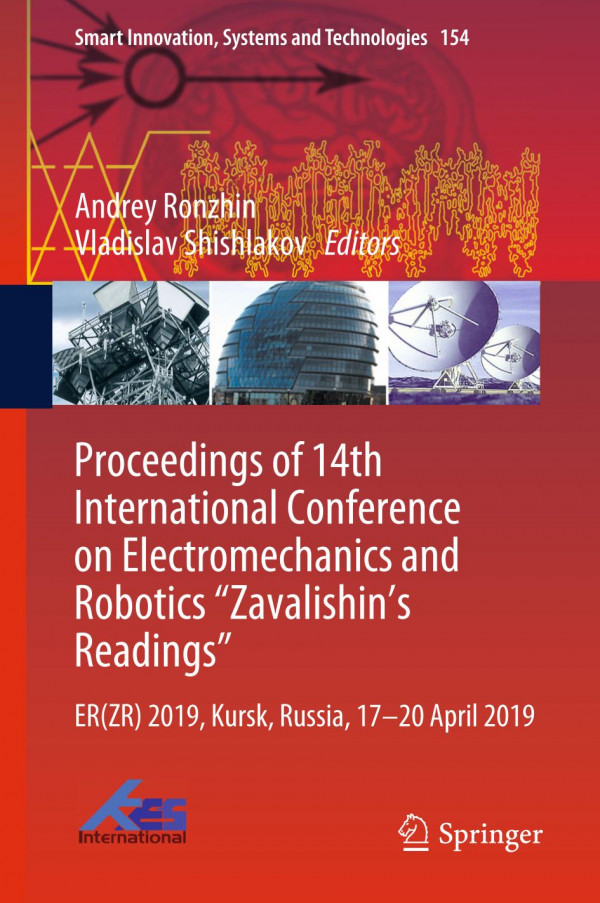

Most ebook files are in PDF format, so you can easily read them using various software such as Foxit Reader or directly on the Google Chrome browser.
Some ebook files are released by publishers in other formats such as .awz, .mobi, .epub, .fb2, etc. You may need to install specific software to read these formats on mobile/PC, such as Calibre.
Please read the tutorial at this link: https://ebookbell.com/faq
We offer FREE conversion to the popular formats you request; however, this may take some time. Therefore, right after payment, please email us, and we will try to provide the service as quickly as possible.
For some exceptional file formats or broken links (if any), please refrain from opening any disputes. Instead, email us first, and we will try to assist within a maximum of 6 hours.
EbookBell Team

4.3
88 reviewsThis book features selected papers presented at the 14th International Conference on Electromechanics and Robotics ‘Zavalishin’s Readings’ – ER(ZR) 2019, held in Kursk, Russia, on April 17–20, 2019. The contributions, written by professionals, researchers and students, cover topics in the field of automatic control systems, electromechanics, electric power engineering and electrical engineering, mechatronics, robotics, automation and vibration technologies. The Zavalishin's Readings conference was established as a tribute to the memory of Dmitry Aleksandrovich Zavalishin (1900–1968) – a Russian scientist, corresponding member of the USSR Academy of Sciences, and founder of the school of valve energy converters based on electric machines and valve converters energy. The first conference was organized by the Institute of Innovative Technologies in Electromechanics and Robotics at the Saint Petersburg State University of Aerospace Instrumentation in 2006. The 2019 conference was held with the XIII International Scientific and Technical Conference “Vibration 2019”, and was organized by Saint Petersburg State University of Aerospace Instrumentation (SUAI), Saint Petersburg Institute for Informatics and Automation of the Russian Academy of Sciences (SPIIRAS) and the Southwest State University (SWSU) in with cooperation Russian Foundation for Basic Research (project No. 19-08-20021).